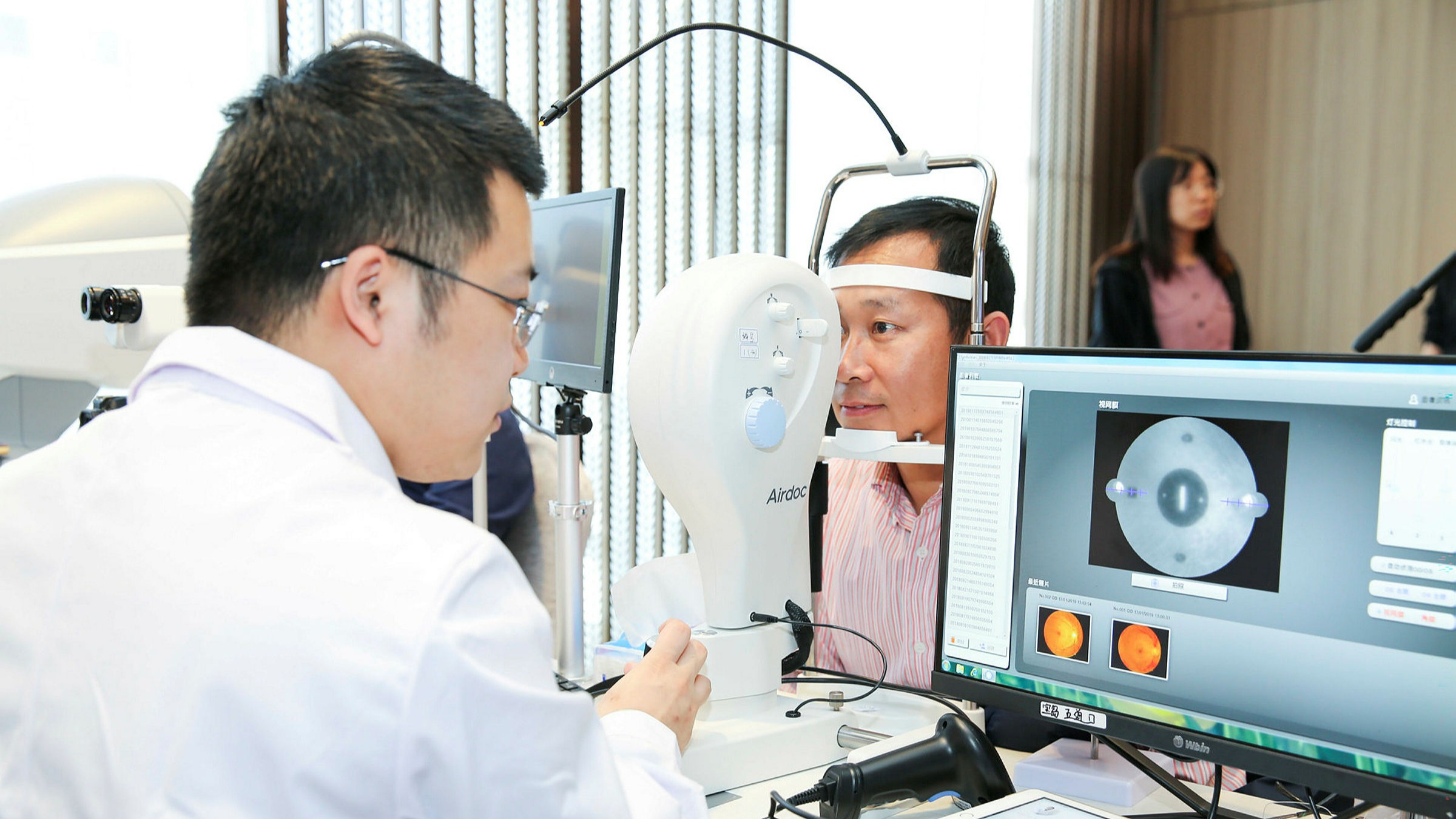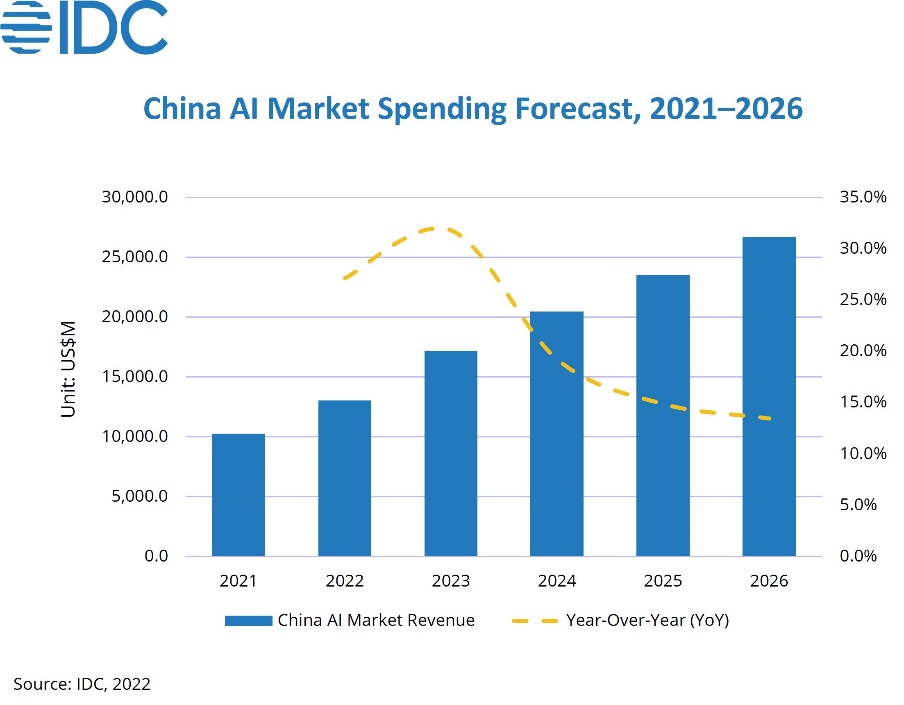Beijing strictly prohibits the use of AI-generated prescriptions, raising questions about the proximity of AI doctors. China's internet healthcare user base has reached 363 million, accounting for 34% of the total online population. This has led to issues such as prescribing medication before diagnosis, AI-generated prescriptions, and medical accidents posing safety risks in internet healthcare.
The development of "AI+ healthcare" brings both opportunities and challenges to the industry, highlighting the urgent need for regulatory policies and standards. Recently, the Beijing Municipal Health Commission released the "Beijing Internet Healthcare Supervision Implementation Measures (Trial)" (referred to as the "Measures"). These measures emphasize that medical institutions conducting Internet healthcare activities must strengthen drug management and strictly prohibit the use of artificial intelligence and similar technologies to automatically generate prescriptions. It is also prohibited to provide medication to patients before the prescription is issued.
The "Measures" state that medical institutions should authenticate the medical personnel engaged in internet healthcare activities, ensuring their qualifications. Medical practitioners must undergo authentication before providing medical services to ensure that the services are provided by the individuals themselves. Other personnel, AI software, and similar entities are not allowed to impersonate or substitute for medical practitioners in providing medical services.

The era of "AI+ healthcare" and large-scale models:
Under the "Healthy China" strategy, Chinese healthcare is undergoing a transformation from providing "medical security" to offering intelligent, information-driven, and customized "health services."
"AI+ healthcare" aims to enhance medical services both inside and outside healthcare institutions using AI as the core intervention technology, with the goal of improving efficiency and effectiveness. This requires new medical application technologies involving both software and hardware products.
With the advancement of large-scale systems, the application of "AI+ healthcare" is enhancing the efficiency of the entire medical process through text generation, auxiliary queries, and other means. In the future, it is expected to be integrated into core business systems like assisting in diagnosis and treatment decisions, becoming a significant force in China's healthcare system.
ChatGPT is an interactive AI model developed by OpenAI based on the GPT-3.5 architecture, released in November 2022. With a parameter count of 1.75 trillion, it is widely used for natural language processing tasks such as dialogue generation, text summarization, machine translation, and question-answering.
GPT-4 offers 40% higher accuracy in factual presentations compared to GPT-3.5. It performs exceptionally well in medical knowledge self-testing and exams, supports multi-modal inputs, and is expected to bring revolutionary changes to medical informatics, internet healthcare, public health, and medical insurance informatization.
In the medical domain, the application of large models like ChatGPT can utilize patients' health status, including habits, exercise routines, and dietary habits, to provide automated medical guidance. This guidance offers personalized health advice and reminders, improves patient compliance with medication, and safeguards their health.
Through dialogue-based AI technology, ChatGPT can be employed for online medical consultations, remote medical diagnoses, and automated medical guidance. Utilizing text generation, ChatGPT can create personalized medical reports, formulate individualized treatment plans, and provide tailored medical advice. With self-understanding and self-correction capabilities, ChatGPT can be used for medical data mining, disease prediction, diagnostic reasoning, and more.
Moreover, AI models can assist in medical record review, enhancing the accuracy of medical record audits and reducing clinical review time.
Currently, large models have been applied in medical domains overseas, including Google's Med-PaLM 2 and Microsoft subsidiary Nuance's DAX Express. However, there is still room for improvement in China.
Huatai Securities' research report highlights that ChatGPT's accuracy in addressing medical issues in the Chinese context hasn't yet reached optimal performance, indicating room for continued development. Additionally, ChatGPT sometimes provides misleading or incorrect answers. Lastly, due to its inability to access medical imaging information, its recommendations have limitations.
Various players are entering the arena:
In January 2023, Weining Health initiated the development and training of the WiNGPT large language model in the medical vertical. As of April, June, and September, the model training parameters reached 6 billion, 15.6 billion, and 65 billion, respectively. Exploration of additional medical applications is ongoing, with plans to officially release the WiNEX Copilot product powered by GPT technology in October.

Weining Health believes that in the medical field, ChatGPT will become an indispensable assistant for medical practitioners. It will serve as a superbrain, efficiently managing and organizing data resources, even triggering independent thinking. This will enhance work efficiency and medical quality, assist decision-making effectively, and bring new possibilities for hospital development and operations.
At the "2023 Hospital High-Quality Development Forum" held on May 19-20, Chyrocure announced a strategic agreement with Zhejiang University Computer Innovative Technology Research Institute and Zhejiang Province Smart Healthcare Innovation Center. They are building the BSoftGPT aggregation platform to further drive research and development of AI large models in clinical decision support, public health, and personal health scenarios. BSoftGPT is integrated into clinical decision support and other business systems, covering applications in hospitals, regions, the internet, new applications, and infrastructure.
According to Interactive Easy News, Chyrocure's BsoftGPT is an AI large model aggregation product. The product aggregates and utilizes general GPT models through API calls combined with local deployment. This includes embedding vector databases and the company's proprietary domain knowledge base. The product's capabilities are gradually enhanced through training and fine-tuning of language models in the medical vertical. It aims to provide AI intelligent services in various internal and external scenarios, such as medical services and personal health.
Beijing's stringent prohibition of AI-generated prescriptions has spotlighted the proximity of AI doctors in the healthcare landscape. The "AI+ healthcare" paradigm presents both possibilities and hurdles, underscoring the urgency for robust regulatory guidelines. The recent introduction of the "Beijing Internet Healthcare Supervision Implementation Measures (Trial)" emphasizes stricter drug management and a ban on AI-driven prescription generation. While large-scale AI models like ChatGPT hold the potential to offer personalized guidance, medical consultations, diagnostics, and record reviews, challenges in accuracy and integration persist.




